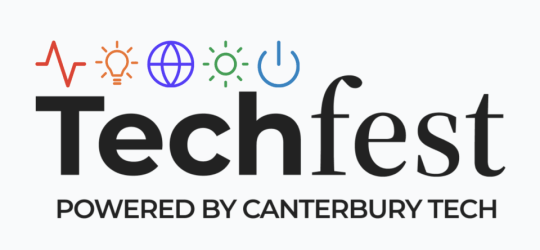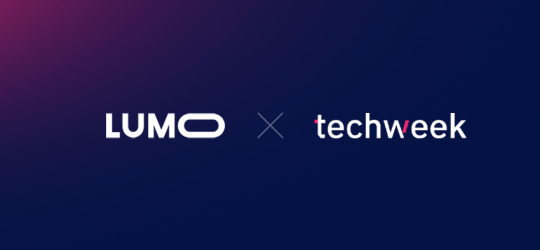Discover our nationwide festival for tech that's good for the world.
Healthtech solutions for the world
23 February 2024

This article was first published on NZ Story
Globally, the Healthcare Technology sector is booming. Aotearoa New Zealand has cemented itself globally with world-class HealthTech companies that provide rigorous scientific knowledge and a competitive commercial edge.
As healthcare’s technological capabilities rise, so does its ability to address complicated health concerns. Making an impact with innovative research and people-centred solutions, HealthTech is New Zealand’s largest and fastest-growing technology subsector. Testament to this, in 2021 New Zealand HealthTech companies generated a combined NZD $2.9 billion in revenue.
Here, we’re looking at three New Zealand companies that are responding to complex health problems with technology.
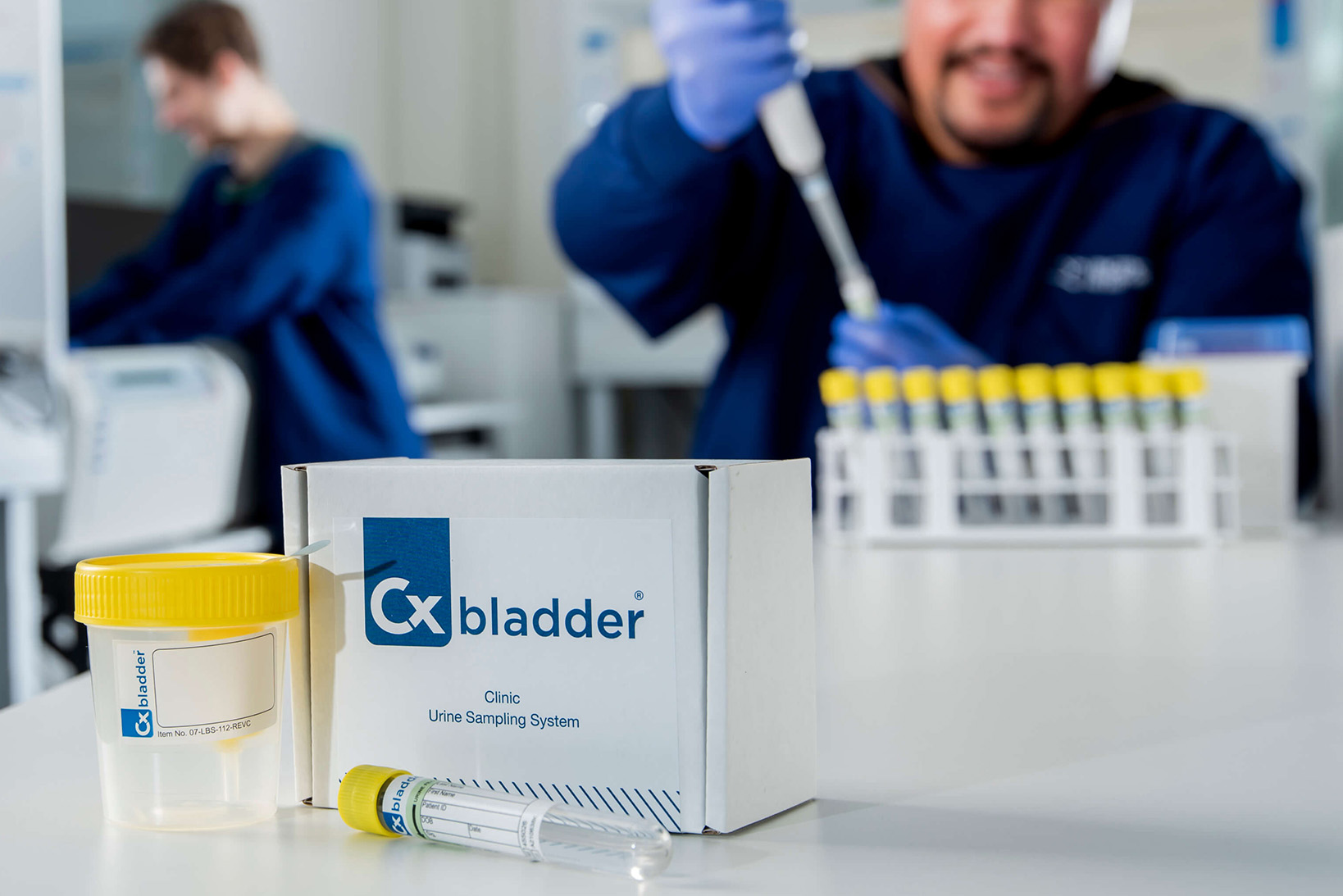
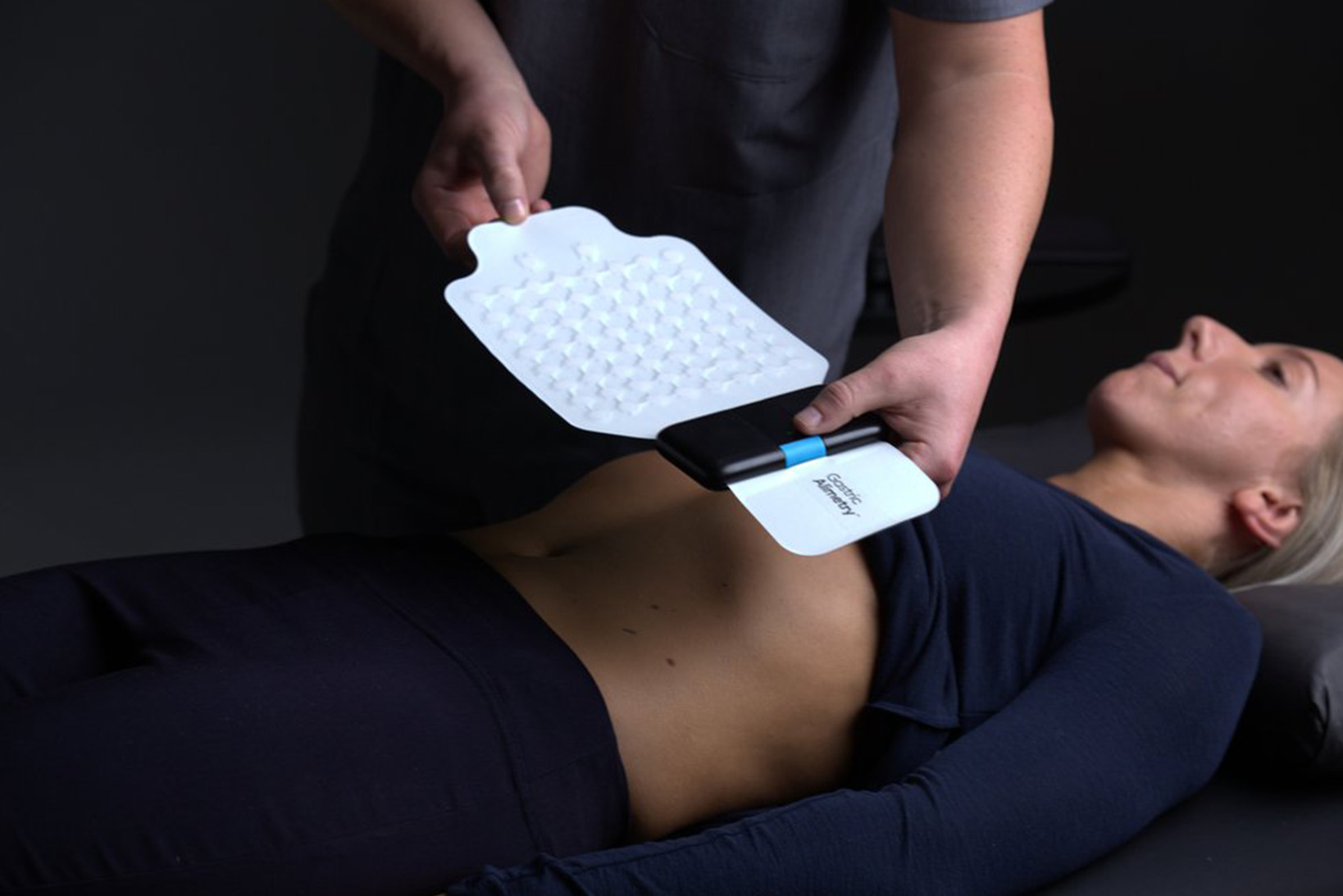
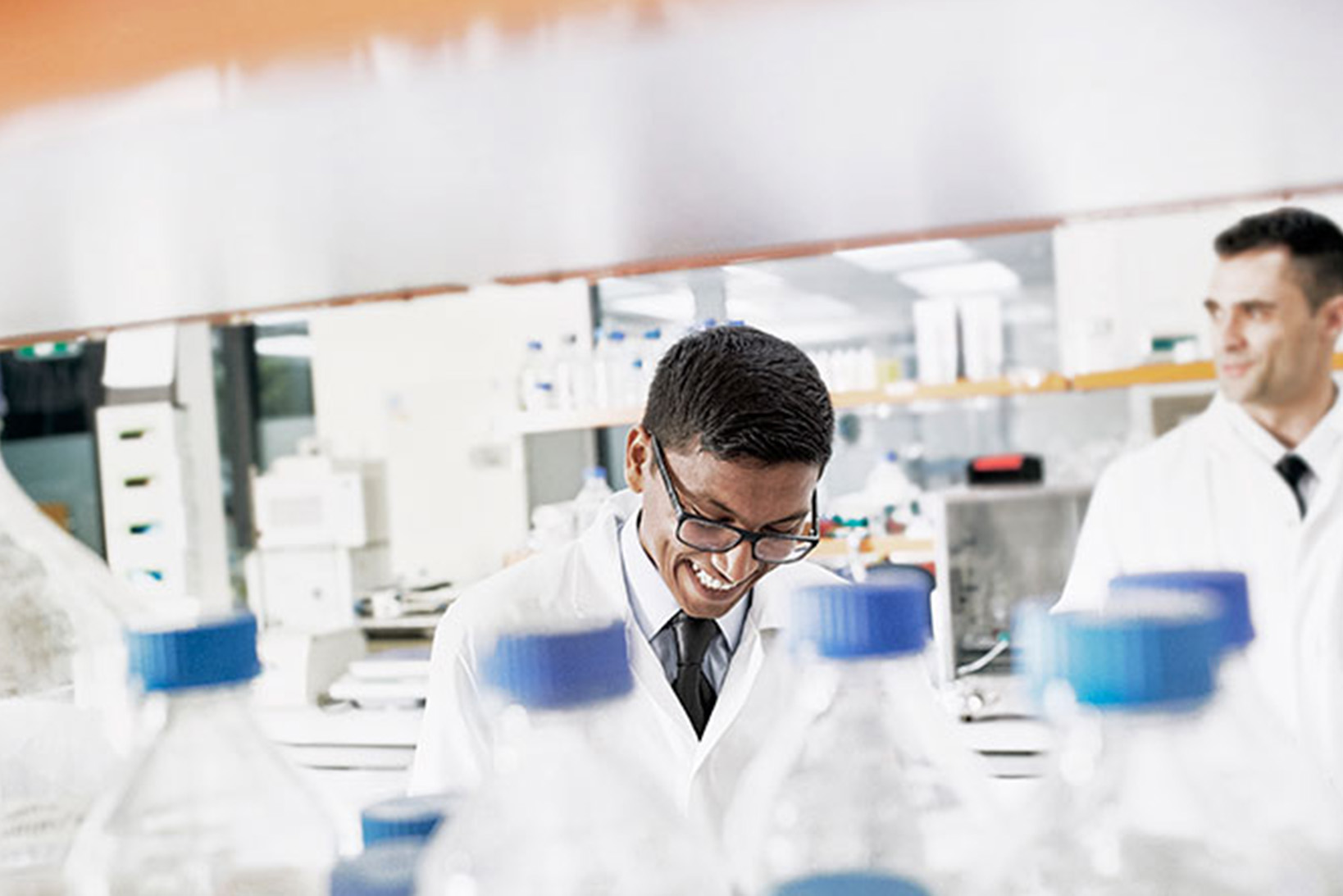
Alimetry: Diagnosing gastric dysfunction
Alimetry is paving a new pathway for clinicians to gain more insight into root causes of patient's gastric symptoms.
Around one in 10 people suffer from gastric dysfunction, but diagnosis can often be costly, invasive, or inconclusive. While endoscopies and colonoscopies provide intel on the structure of the gut, Alimetry’s non-invasive diagnostic tool, called Gastric Alimetry, investigates how it functions.
In a clinic, an adhesive patch is applied to a patient after a meal, picking up on faint electric signals while it digests. For the next five hours, the patient records their symptoms in an app on an iPad; algorithms analyse this commentary and the electronic readings, then turn them into a clinical report. The results help doctors identify common stomach disorders such as gastroparesis and functional dyspepsia.
Long-term, Alimetry hopes that their wearable device will have the same impact on gastroenterology as ECG (electrocardiograph) testing has had on cardiology.
Aroa: Healing complex wounds
Sheep, alongside beef products, are New Zealand’s second-largest goods export earner.
Naturally, lamb production produces agricultural byproducts – but Aroa is proving these don’t necessarily need to go to waste. In an innovative union of waste reduction and medical ingenuity, Aroa turns part of these byproducts – specifically, the sheep’s forestomach – into bioscaffold technologies that can help the rate and quality of soft tissue repair in humans.
The idea for Aroa came about in 2008 when veterinary surgeon Dr. Brian Ward decided to put his passion for regenerative medicine into action. Aroa’s range of wound healing products incorporates their core technology, AROA ECM™. It’s a proprietary extracellular matrix biomaterial and contains more than 150 proteins known to benefit the body’s healing process. This technology is the basis for their range of biological scaffolds, treating acute and chronic conditions.
Several of Aroa’s solutions have FDA approval in the US, unlocking regenerative healing technology for more people.
Pacific Edge: Changing urological practice around the world
Globally, bladder cancer is the sixth most common cancer among men and the tenth most common overall. It has the highest recurrence rate of any cancer and is the most expensive to treat and manage.
Cancer diagnostics company Pacific Edge has positioned itself at the frontline of the fight against the disease. Pacific Edge uses propriety technology to stabilize and extract mRNA and DNA from urine to analyze biomarker genes that differentiate tumor cells from normal cells. Successfully commercializing this technology over the last two decades, the company now provides its flagship suite of Cxbladder tests globally through commercially owned and operated laboratories in New Zealand and the United States – the world’s largest healthcare market.
Cxbladder is a suite of non-invasive genomic tests optimized to rule out and surveil bladder cancer in patients experiencing blood in their urine, the most common symptom of the disease, and in those being monitored for recurrent disease. Crucially a Cxbladder test can reduce the need for an invasive cystoscopy.
In providing a quick and reliable non-invasive testing alternative for low risk patients, Cxbladder helps clinical teams focus their time and resources on those that need it the most while improving the overall patient experience.
New Zealand HealthTech’s ongoing impact
By revolutionising healthcare using technology, these innovative companies can alleviate pressure on an overloaded sector, all while empowering clinicians with greater access to diagnostic tools and treatment options.
Showing constant progress and boasting ever-advancing technologies, New Zealand is changing healthcare across the globe, offering world-class tech for a better tomorrow.
Subscribe to the Techweek newsletter for updates straight to your inbox:
Recent news
Introducing Canterbury Tech's Techfest!
17 Apr 2024
Techweek's regional partner in Christchurch, Canterbury Tech, is bringing together technology interest groups, businesses, researchers and city partners doing the hard work in their community, under one roof, to celebrate…
LUMO partners with Techweek24 to take tech to even more New Zealanders
17 Apr 2024
NZTech is delighted to announce LUMO as our exclusive Media Partner for Techweek24.
TechStep funding opportunity for regional Techweek24 events
26 Mar 2024
Are you looking for some financial support to run an event during Techweek24? Our strategic partner TechStep are available to provide support to select Techweek24 events under the Talent & Diversity…
